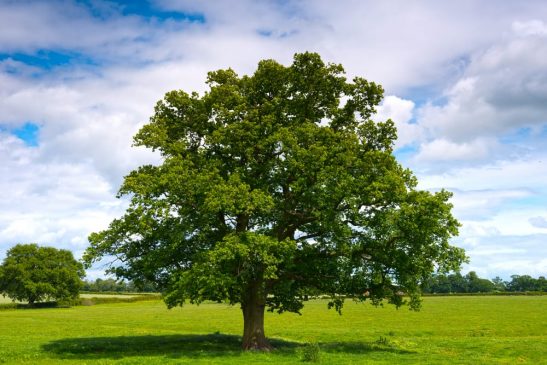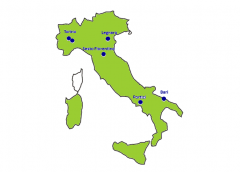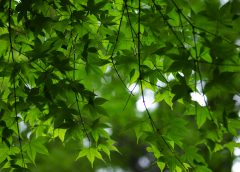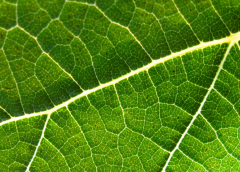In natural and agricultural ecosystems, plants quickly respond to abiotic and biotic stress factors, alone or in their conjunctions, by complex acclimatization processes and in the long-term by evolving adaptation strategies. Future climate extremes are expected to exacerbate the effects of (a)biotic stresses on plants and further increase the virulence and diffusion of the existing pests, negatively impacting crop yields and plant survival. Therefore, understanding plants’ resistance and resilience mechanisms to the effects of climate change are urgently needed. Among the developed and variegated range of plant responses able to…
Read MoreWebinar “Pathogenomics and Effectoromics of Verticillium Species”
We are pleased to invite you to attend the webinar entitled “Pathogenomics and Effectoromics of Verticillium Species”. It will be held on June 29th, 2021 from 16:00 to 18:00 CEST. Three estimated scientists will give interesting talks on general features of Verticillium wilts, fungus biology, and pathogenomics. We will understand why Verticillium spp. are so difficult to control, and will have a look at the main peculiarities of their population biology. Finally, we will learn about pathogen effectors that sabotage host machinery during the infection, and we will realize how…
Read MoreSpecial Issue: “Biodiversity of Minor Fruit Species”
Dr. Paolo Boccacci at the Turin Headquarter, have been invited to become one of the guest editors of a Special Issue, titled “Biodiversity of Minor Fruit Species“, which will be published in the “Applied Sciences” of MDPI (https://www.mdpi.com/journal/applsci/special_issues/Minor_Fruit_Species). The increasing interest in alternative crop species throughout the world is attributed to the growing trend within agriculture to identify new old potential uses. This interest stems from various factors, contributing to agricultural diversification, better use of marginal land, and changing environments, besides their economic potential and the opportunities they provide for…
Read More3rd European Conference on Xylella Fastidiosa and XF-Actors Final Meeting
Building knowledge, protecting plant healthThe 3rd EFSA European Conference on Xylella fastidiosa and final meeting of the XF-ACTORS project will be held online between 26-30 April 2021. The meeting of XF-ACTORS, the EU Horizon 2020 research project devoted to this plant pathogenic bacterium, will precede the conference, which is organised by EFSA and XF-ACTORS with the active contribution of the major EU research initiatives tackling X. fastidiosa – BIOVEXO, CURE-XF, ERC MultiX, EUPHRESCO, EUROXANTH, and Life Resilience. The event will comprise the XF-ACTORS meeting, the European conference, and…
Read MoreSpecial Issue: “Evolutionary Genomics of Crops and Its Wild Relatives”
Dr. Paolo Boccacci, at the Turin Headquarter, is the guest editor of a Special Issue, titled “Evolutionary Genomics of Crops and Its Wild Relatives“, which will be published in the International Journal of Molecular Sciences (https://www.mdpi.com/journal/ijms). “Wild relatives of crop plants are recognized as a fundamental resource for agricultural activity. Traditional landraces have been widely sampled and stored in germplasm collections over previous centuries, but collection programs for the respective wild plants have been planned only recently. Domesticated and wild forms have been influenced by human activity over thousands of…
Read More






